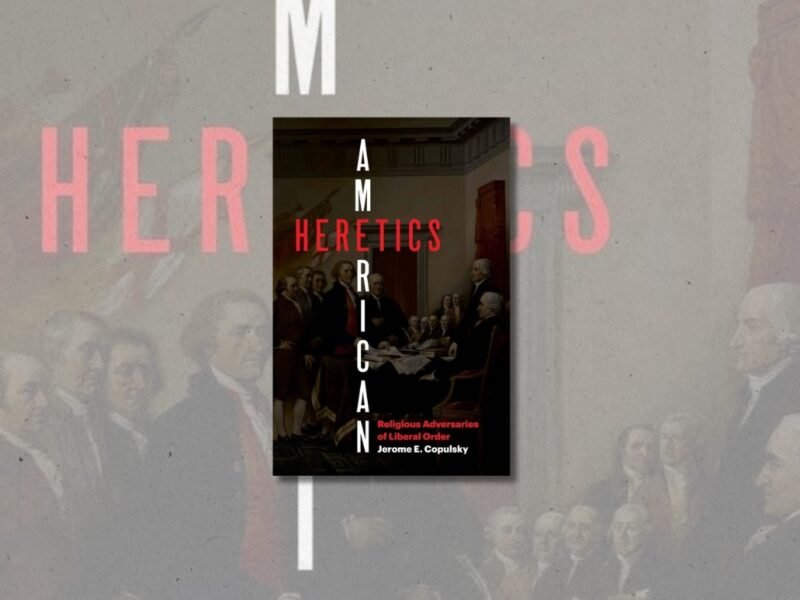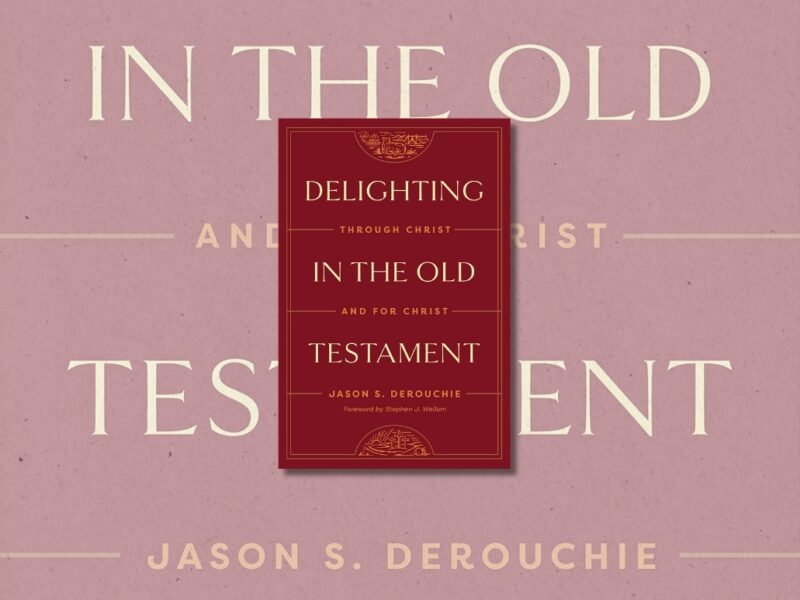A Poetics of Orthodoxy: Christian Truth as Aesthetic Foundation. By Benjamin P. Myers. Eugene, OR: Cascade Books, 2020. 140 pp. $39 (cloth); $19 (paper).
Benjamin P. Myers begins A Poetics of Orthodoxy with what is by now a familiar argument, namely that “the church needs art” (1). By this Myers does not mean we need art “shoehorned into our few hours of worship on Sunday morning. Rather, we need the arts integrated into the life of the church beyond the order of worship. Christians need not just a dose of the arts but rather a whole diet of them” (1).
He quickly moves from this initial observation, however, to another point that occupies him for the rest of the book, one that has unfortunately not received nearly as much attention: “In order for the arts to enrich the life of the church, we need both an openness to amateur attempts and a critical sense of what makes for excellence in the arts” (3). In other words, while all members of a congregation should be free to cultivate artistic pursuits, the church also needs to recognize that some works of art are better than others so that it can make informed choices about which of these “[artistic] expressions is presented to the whole congregation and to the wider world” (3).
In this volume, then, Myers “[aims] to give the Christian poet some explicit guidelines for crafting aesthetically successful poems. I also aim to give the general reader a way to evaluate poetry, to tell the good from the bad” (7). Note that while Myers focuses on poetry, he grants that “many of the criteria [this book] establishes for the evaluation of poems can be easily transferred to other forms of art” (8).
Central to his argument is the idea that “the criteria for making…aesthetic judgements are implicit in basic Christian orthodoxy”:
The most important truths of our reality—who God has revealed himself to be and what he has done in Jesus Christ to bring about the redemption of both the believer and all of creation—are the logical place to look when we seek to ground our aesthetic understanding on something firmer than the shifting sands of personal taste or cultural trends (5).
This is not to say a poem (or any other work of art) should be judged by “whether or not [it] expresses orthodox theological sentiments…. Rather, I assert that what is good in poetry of any sort…is what resonates on the aesthetic plane with truth on the propositional plane of Christian orthodoxy” (7).
To give an example of what Myers’s proposed relationship between aesthetics and Christian orthodoxy looks like in practice, one of the criteria for poetic excellence he discusses is imagery: “Any poem that fails to make concrete, particular imagery an integral part of the poem is an artistic failure” (17). This is so not only because human beings are “made of body and soul” rather than being “a soul trapped in a body” (19), but also because God himself took on a body to save us: “To atone for humanity’s sin God must become man, and to become man God must be made flesh” (21, italics original).
In short, poems and other works of art that reflect our embodied spiritual nature, rather than reducing us to pure spirit, will tend to be aesthetically superior precisely because they resonate with this metaphysical reality: “If our essential nature is in great part physical and if the central event of history—Christ’s incarnation, crucifixion, and resurrection—is a matter of flesh, then we shouldn’t be surprised that mere abstractions fail to move us. We shouldn’t be surprised that the most powerful poems are the poems most rooted in physical reality” (22).
Other criteria explored by Myers include diction, form, and metaphor, to name just a few. Underlying the discussion as a whole is the conviction that aesthetic criteria—and, by extension, beauty—matter because “God is the origin of all that is beautiful, since God is indeed beauty itself” (2). Indeed, beauty (along with goodness and truth) is a transcendental, meaning that all things, insofar as they exist, are beautiful. As such, given that God is “the source of all beauty” (2), all things in turn, to some degree, “point us toward God” (4).
This is why it is important to know both what the criteria for aesthetic excellence are and that there are any such criteria to begin with: “The more truth, goodness, and beauty of which a thing is possessed, the more it testifies of the highest truth, goodness, and beauty [i.e., God]” (4). Artists who know what makes a thing beautiful are thus better equipped to create more beautiful works of art.
One of the primary audiences for A Poetics of Orthodoxy, as the title implies, is aspiring Christian poets who wish to hone their craft. As I hope this brief overview has made clear, though, this book will be of interest to artists of all kinds and a general Christian readership as well. If the church should embrace art and take it seriously, as has so often been claimed in recent years, it is necessary to take beauty seriously as well. And one of the basic characteristics of beauty that is lost on so many today—even professing Christians—is that it is present in all things to greater or lesser degrees, which means that “we do not, or at least should not, give our attention to just ‘whatever’” (5).
Rather, we are to “dwell on ‘whatever is true, whatever is honorable, whatever is just, whatever is pure, whatever is lovely, whatever is commendable’ (Philippians 4:8)” (4–5). This book acquaints readers with some criteria for what it means to call things (poetry in particular) lovely and commendable—as well as a richly catholic understanding of beauty on which such criteria rest—in a way that is admirably concise yet substantive. As an introduction to a Christian theology of beauty, I warmly recommend it.






'Book Review “A Poetics of Orthodoxy: Christian Truth as Aesthetic Foundation”' has no comments
Be the first to comment this post!